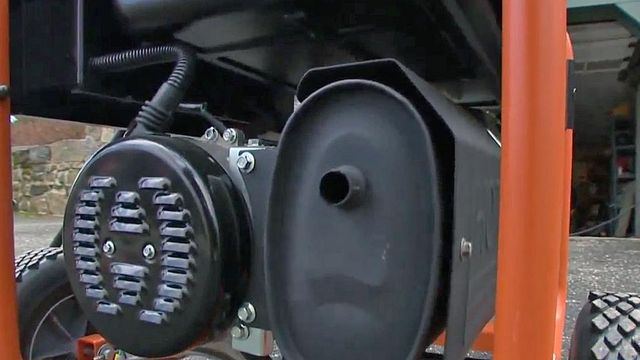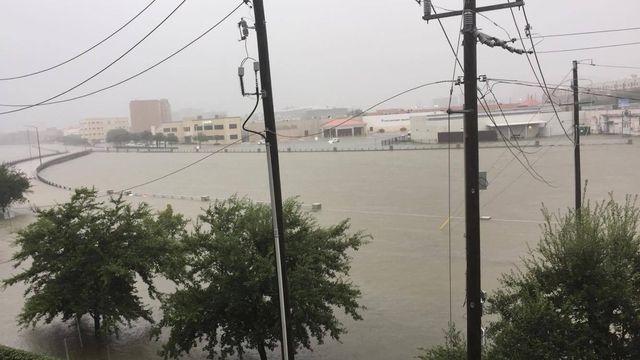Weather
Portable generator safety tips
The danger does not pass when a hurricane or other storm moves away from North Carolina. If the power is out, portable generators can help, but they must be used with caution.
Posted — UpdatedThe danger does not pass when a hurricane or other storm moves away from North Carolina. If the power is out, portable generators can help, but they must be used with caution.
- Always read and follow all operating instructions before running your generator.
- Gasoline engines emit carbon monoxide, an odorless, invisible gas that can be deadly. Therefore:
- Never use a generator indoors or in partially enclosed spaces, including homes, garages, basements and crawl spaces – even those with partial ventilation. Using a fan and opening doors or windows does not provide enough fresh air.
- Never run a generator near open windows or in areas where people or animals are present.
- Use a battery-powered carbon monoxide detector when running your generator and call the fire department when unsafe levels of carbon monoxide are detected.
- Be aware of the symptoms of carbon monoxide poisoning, including dizziness, fatigue and headaches, and get medical attention immediately if poisoning is suspected.
Safety tips courtesy of FEMA and Briggs & Stratton Power Products
Copyright 2024 by Capitol Broadcasting Company. All rights reserved. This material may not be published, broadcast, rewritten or redistributed.






